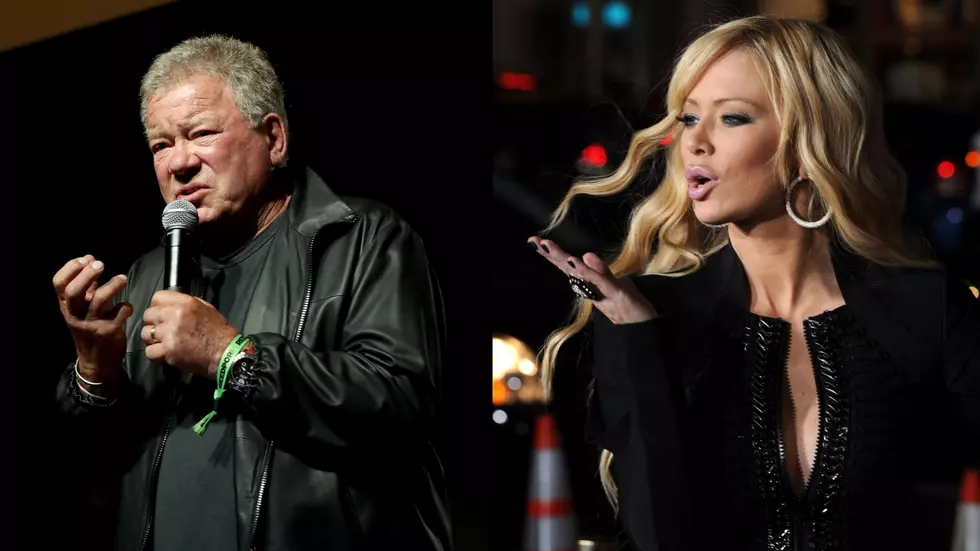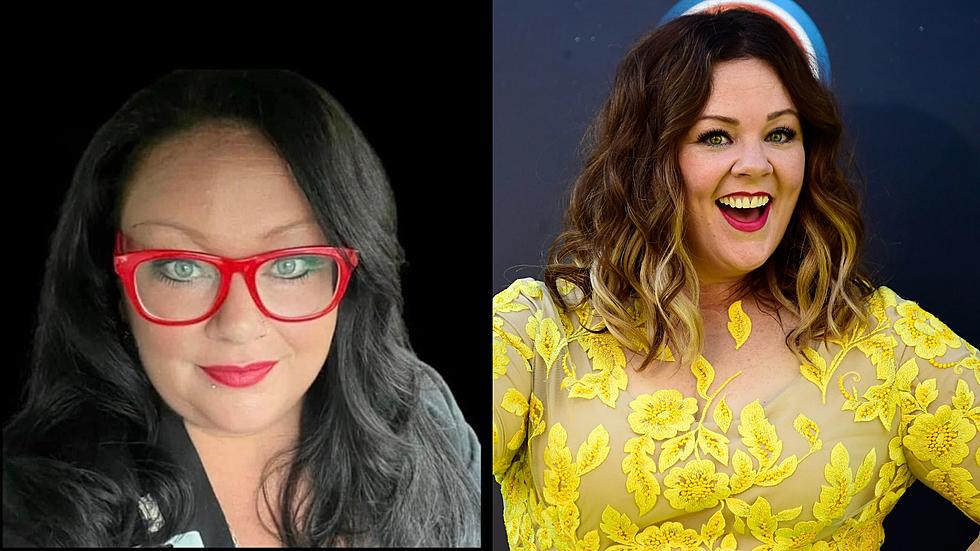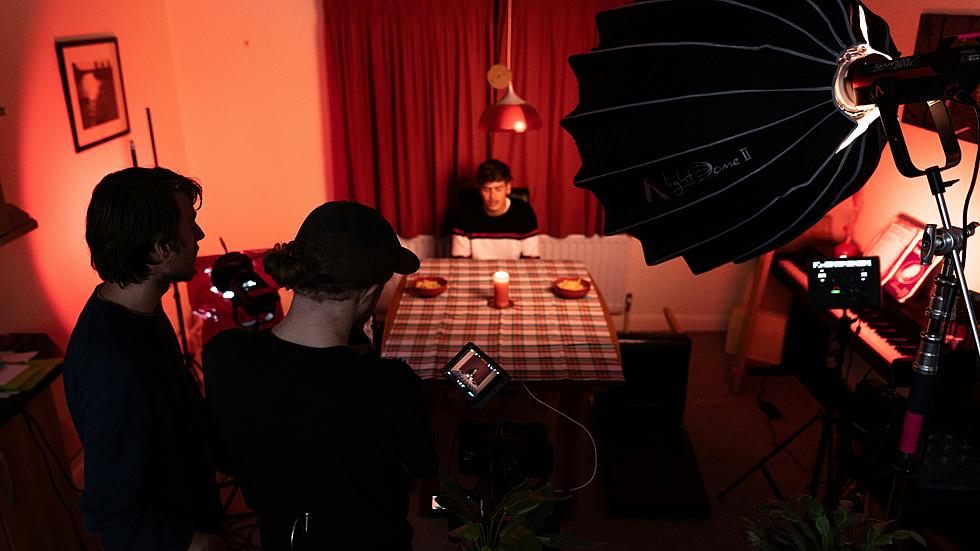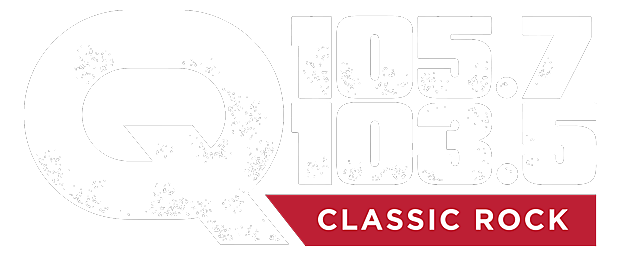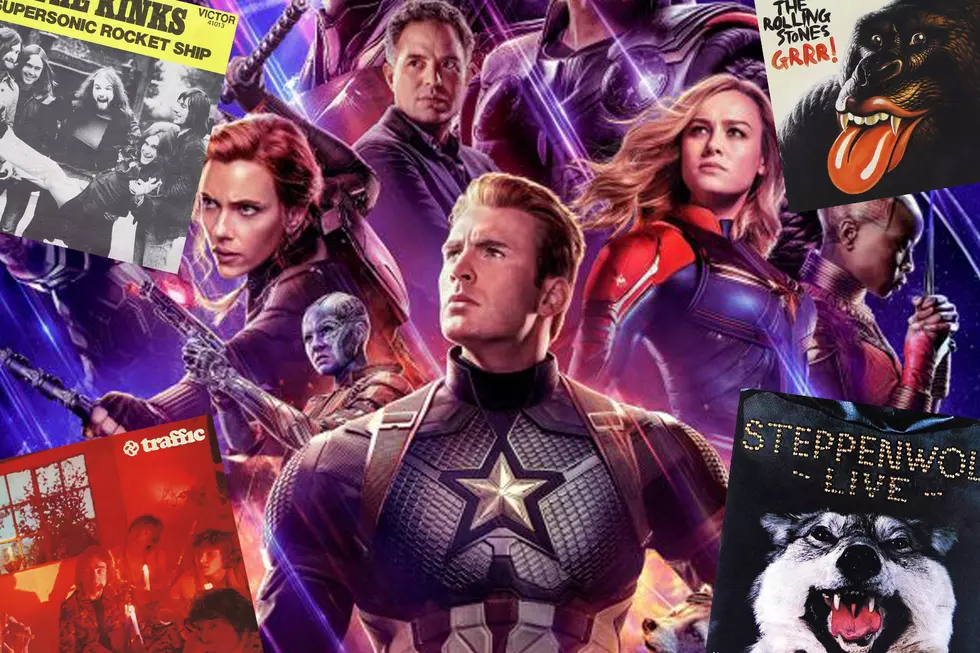
A Guide to the Classic Rock Songs in ‘Avengers: Endgame’ (NO SPOILERS)
The latest entry in the Marvel Cinematic Universe, Avengers: Endgame, opens in theaters on Friday. We've seen the movie and spotted songs by the Rolling Stones, the Kinks, Traffic and Steppenwolf. We won't spoil the film at all, but we tell you the stories behind each of the songs.
1. Traffic, "Dear Mr. Fantasy" (1967)
Even though it was never released as a single, "Dear Mr. Fantasy" turned out to be Traffic's defining song. The track -- taken from their debut album, Mr. Fantasy -- had its origins in a doodle that drummer Jim Capaldi made of a person with puppet hands playing guitar. Next to it, he wrote what became the song's opening line: "Dear Mr. Fantasy, play us a tune."
The other members of the group discovered the drawing and put some music to his words. One day, Capaldi woke up in the cottage where they were all living and recording the album, and found the others jamming to the new song. According to guitarist and singer Steve Winwood, the loose manner in which it was composed is a major reason "Dear Mr. Fantasy" crystallized the late '60s' hippie vibe.
"The initial spirit of the whole thing was captured on record — which is very rare," he said. "That was one of the things, because it’s not specifically an outstanding melody or an outstanding chord sequence or anything. It’s basically quite simple. They’re very simple lyrics and they’re repeated three times. ... It wasn’t half so strong after we’d done it. It was time that gave it a lot of meaning."
2. The Kinks, "Supersonic Rocket Ship" (1972)
Included on 1972's Everybody's in Show-Biz, "Supersonic Rocket Ship" can be thought of as a companion piece to another Kinks single from a few years earlier, "Apeman." Both songs are about desire to escape modern problems, but where "Apeman"'s protagonist wants to return to a more primitive world and live among nature, the narrator of "Supersonic Rocket Ship" wants to escape Earth altogether, finding a place where "Nobody's gonna travel second class / There'll be equality / And no suppression of minorities."
Perhaps it's the lyrical theme that inspired Mark Hamill to sing the song while on the set of the first Star Wars movie. In 2016, Hamill, a big Kinks fan, took part in a discussion with frontman Ray Davies about Everybody's in Show-Biz and its predecessor, Muswell Hillbillies, in London.
Even though the songs share a similar faux-Caribbean groove, "Supersonic Rocket Ship" didn't fare as well on the singles charts as "Apeman," which was was a Top 5 hit in the U.K. and just missed the Top 40 in the U.S. "Supersonic Rocket Ship" peaked at only No. 20 in the U.K. and missed the Hot 100 altogether in the U.S.
3. Rolling Stones, "Doom and Gloom" (2012)
"Doom and Gloom" is the most recent Mick Jagger-Keith Richards composition, serving as one of two bonus tracks on the Rolling Stones' 2012 Grrr! compilation. It's a bit of social commentary, with Jagger singing about fracking and the economic crisis and hoping to find some relief, as he often does, with a woman. (There's also a reference to the hit HBO series True Blood in the opening verse, for some reason.)
Shortly before the song's release, Jagger called it "a really raunchy rocker you can dance to, and [it's] not gloomy at all!" He later noted that "it was fun and quick to record."
4. Steppenwolf, "Hey Lawdy Mama" (1970)
Even though it was released on 1970's Steppenwolf Live, "Hey Lawdy Mama" was actually recorded in the studio and edited into the mix to make it sound like it was part of the concert. It turned out to be one of Steppenwolf's last Top 40 hits, peaking at No. 35 in 1970 (they wouldn't have another hit until 1974's "Straight Shootin' Woman"). "Hey Lawdy Mama" appears in Avengers: Endgame during a scene in which Stan Lee makes his traditional -- and possibly last -- cameo. The song is notable for being one of the first to use the talk box, the voice-to-guitar effect Peter Frampton and Joe Walsh helped popularize a few years later.
More From Q 105.7

